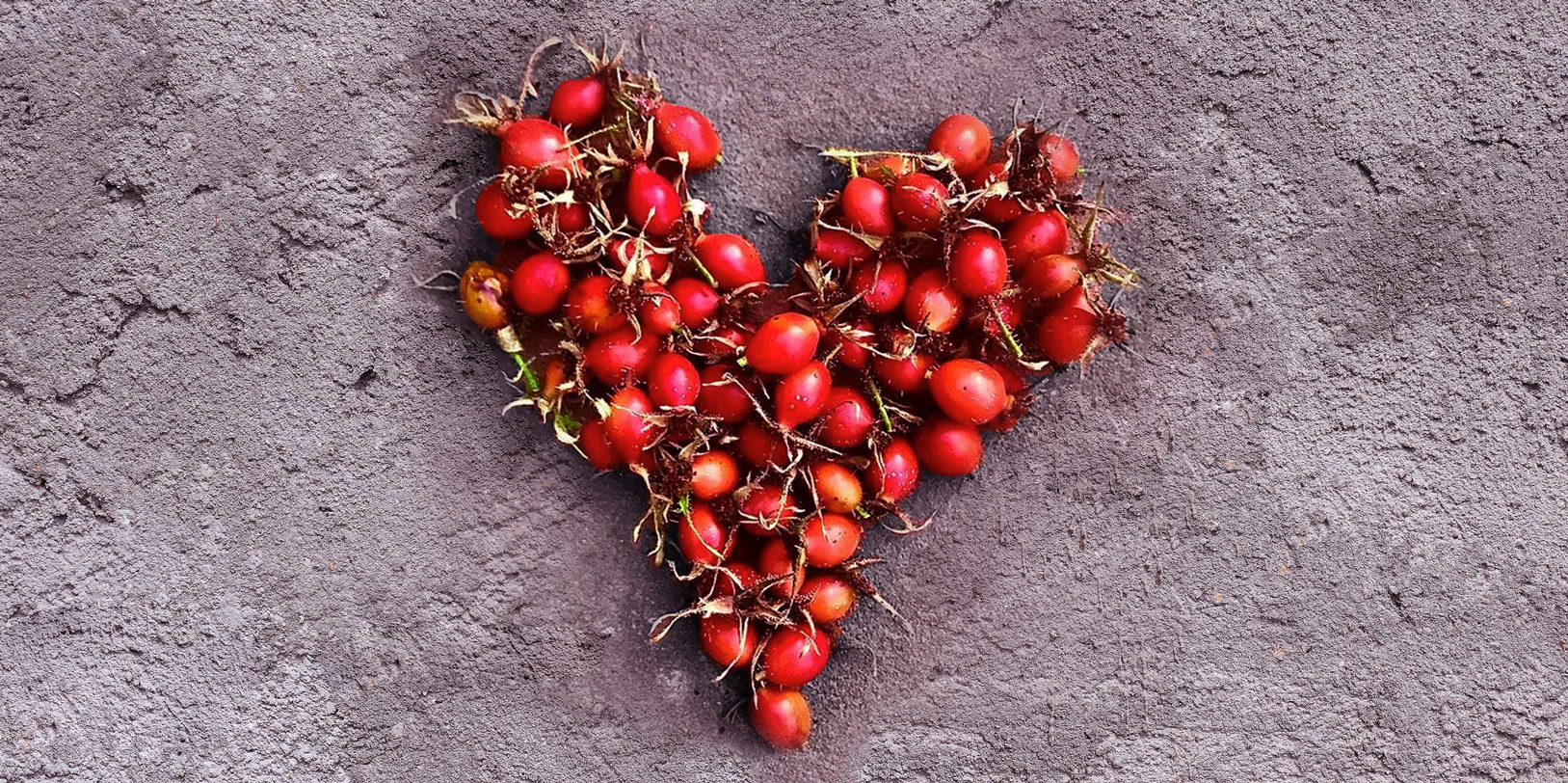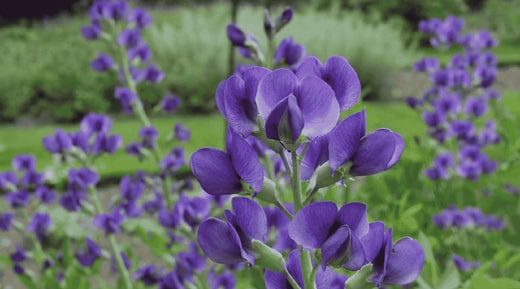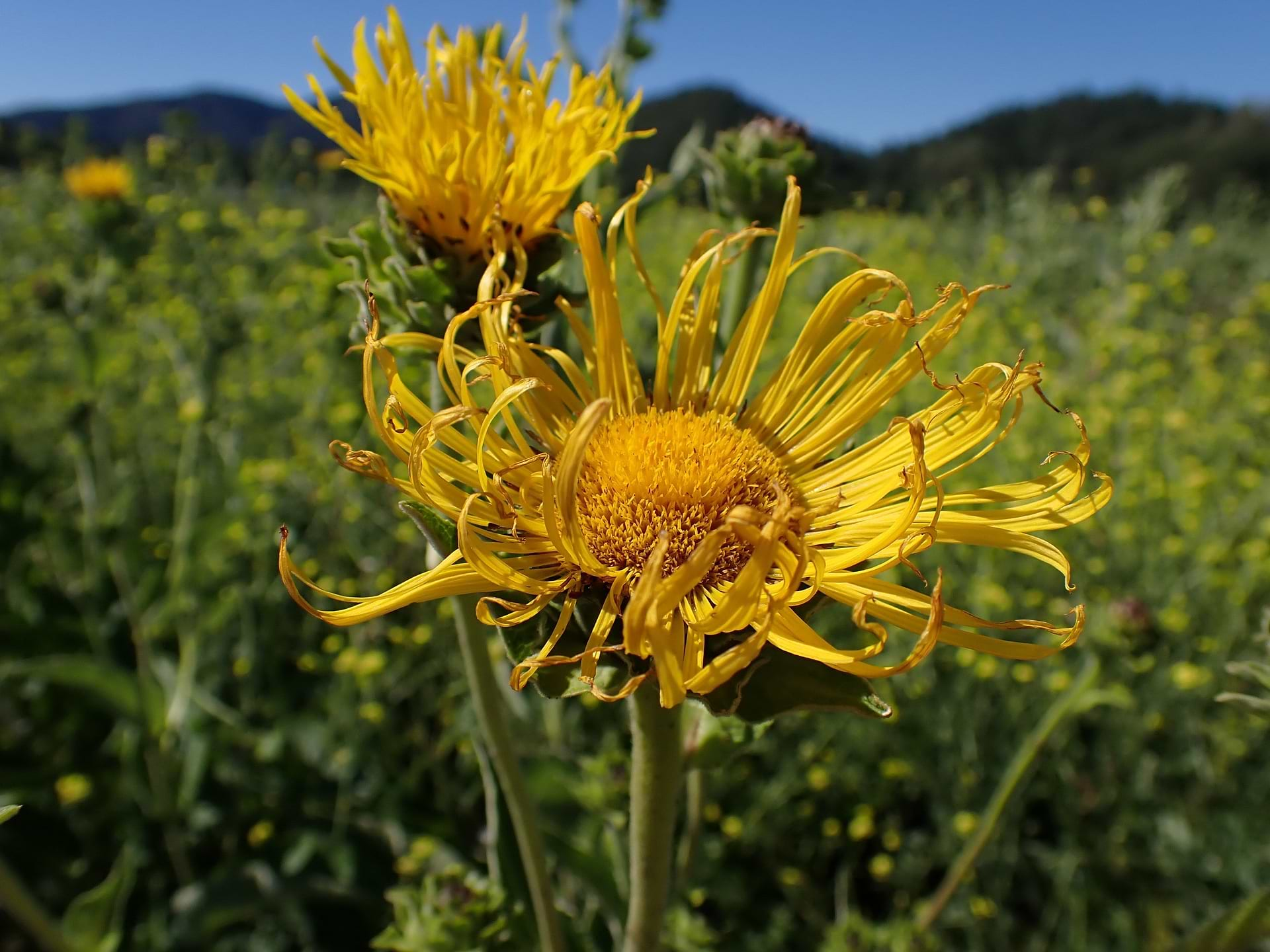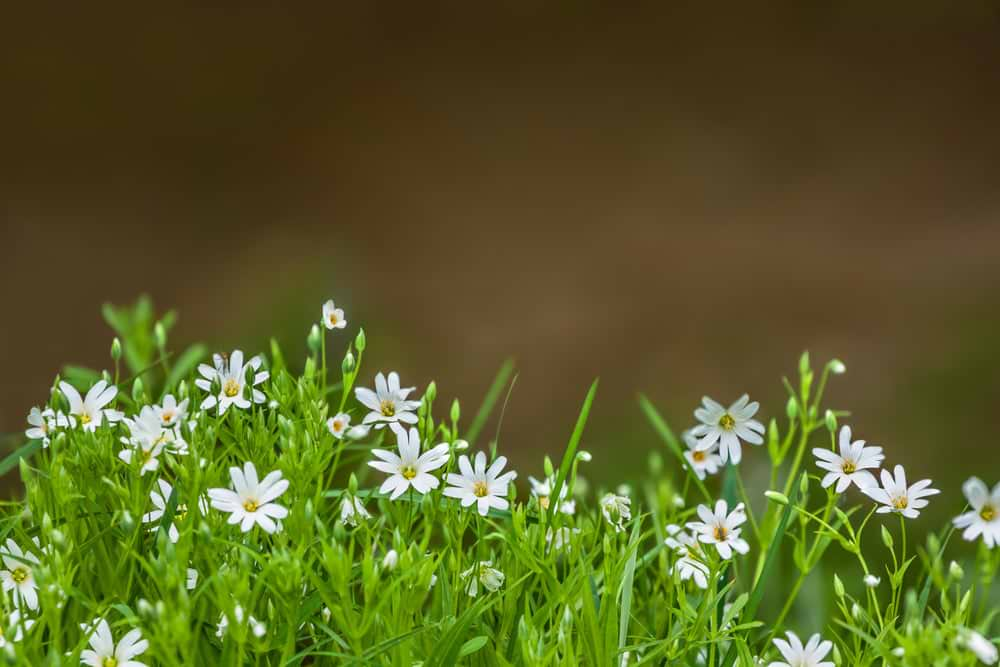If you live in an area where it grows, you are probably familiar with chickweed (Stellaria media) as one of the "weeds" in your garden. But as is true with many of our weeds, chickweed is also excellent medicine and food. So if you are going to pull it out, make sure to use it!
Chickweed is native to Europe but now grows throughout North America. It is a small herbaceous plant, with fine hairs on the stems and small white flowers. It received its common name because it was often fed to chickens, but don't let that stop you. It's great food for humans, too!
Chickweed is one of the first wild greens to pop up in the spring. It has a clean, green taste similar to spinach and is nutrient rich. It's packed full of calcium, magnesium, vitamins A and C, and more. Eat it raw in salads, make it into pesto, or throw it into soups. Chickweed is an alterative, helping to support body systems that remove wastes, including your digestive system, liver and kidneys.
Traditionally, it was taken as an early spring tonic to help support the body through the diet changes that happen with the seasons. Chickweed can be harvested throughout its season, but if you are using it as a wild green it is best harvested earlier as it tends to get more fibrous later in the season. For medicine, any of the green aerial parts (in or out of flower) can be used, fresh or dried.
Chickweed Pesto
Ingredients
- 2-4 cloves of garlic
- 1/2 cup of extra virgin olive oil
- 2-3 cups of fresh chickweed leaves
- ¼ cup of favorite hard cheese (such as parmesan or Romano), grated
- Handful of pine nuts
- Salt and pepper to taste
Instructions
Blend all ingredients together in a blender or food processor until it is a desired consistency. If you prefer a thicker pesto, add the olive oil in increments until you reach your desired consistency. Enjoy!
WishGarden Herbs' formulas containing Chickweed:
Erin Smith has been working with plants for 25 years and is medical herbalist and ethnobotanist. She is the creator of Plant Passionate Living, an interactive program designed to help people find greater health and vitality through a deeper relationship with plants. Erin is the Founder and Director of the Center for Integrative Botanical Studies.
For educational purposes only. This information has not been evaluated by the Food and Drug Administration. This information is not intended to diagnose, treat, cure, or prevent any disease, or to sell any product.
Recommended Products
Further Reading










